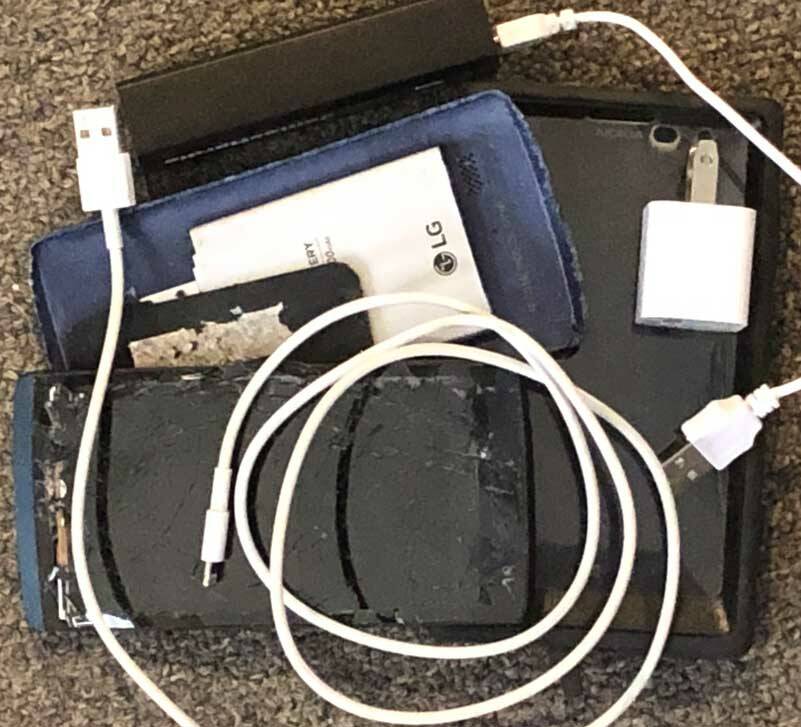By Morf Morford, Tacoma Daily Index
Social dynamics and technology frame our thinking, social activities and our careers. The tools, culture, assumptions, hazards and opportunities are, especially in the past century or so, unique – and uniquely defining – for every one of us. But for young people, of every generation, these largely unnoticed influences shape our identities.
The current generation is not only no exception, but perhaps a test case for what happens, literally around the world, when mental health, for whatever set of reasons, basically collapses.
We want our children to be resilient, resourceful and capable, but somehow, especially starting around 2012, our children have become fragile, frightened and essentially incapable of facing life’s challenges.
Few traditions are as old and established as the older generation hand-wringing about the weakness and frailties of the younger generations. But this time it’s different. Even the young people know it.
Other generations had television, or bicycles, or hot cars or even rock and roll, but this generation has a unifying device – one that isolates as much as it connects, and is as insular as it is “social”.
Smartphone uber alles
In the “culture war” that no one seems to be watching, the victor is all too obvious; the smartphone has prevailed over humanity. And culture. Even food and sleep.
If there were ever an ideal physical manifestation of the proverbial “Devil’s bargain”, it would be the ever-present smartphone.
We as adults might complain about our devices and their mysterious features and their intrusiveness – even as we marvel at their possibilities and become dependent on Siri or GPS, but for young people the stakes are far higher.
Consider being a teen with constant, unrestricted access to social media, gaming and the internet – and, either being enmeshed and connected for multiple hours each day or, perhaps worse (at least in the eyes of the typical teen) cut off and isolated from what everyone else is doing.
This is the first generation in human history spending the bulk of their time staring at a screen instead of being actively involved in face-to-face communication and other healthy activities, especially physical and social activity.
Social without the media
It could be argued that the most important lesson young people need to learn is how to treat other people respectfully and to express themselves clearly. These are principles only learned by doing.
Some basic at-home rules might make the phone a bit less intrusive – no devices in bedrooms or at the dinner table for example.
Here are some guidelines for family media use – www.turninglifeon.org/family-media-plans.
People First
Another simple principle to live by in the digital age is, People First. If there are people present, as in friends or family, or actually anyone, act like a civil human being and put the device away.
Or put the experience first
If you go to any public event or gathering, notice how many phones you see actively in use. Or maybe even more strange, notice how many individual people are walking around with a phone in one hand.
Not long ago I saw a guy walking in Seattle with a phone in each hand.
Is it really so difficult to have a conversation or a meal, or even take a walk without a device in hand?
Why this is different
There is perhaps no tradition as hard-wired into humanity as older people complaining about young people. Hand-wringing about the introduction of any new technology is a close second.
Any “new” technology, is by definition, not familiar, and almost by necessity, “disruptive”.
But yes, this time it is different.
The infusion of AI into news, the arts and business has been abrupt – and, in far too many ways, barely distinguishable from “human” contributions.
That was then…
In November of 2022, ChatGPT/AI systems had the mentality of a seven-year-old child. By the spring and summer of 2023, they are convincing most of us that they have, or at least promise, something approaching intellectual equality with humans. By next year, they could easily be more advanced than we are.
The kids are not alright
Once upon a time, being a “digital native” meant that one had an opportunity, even a birthright of privilege into a multiverse of online opportunities and fortunes just waiting to be made as influencers, bloggers or content creators.
But a year or two later, more and more of us are beginning to see the “dark side” of being perpetually available – and tracked. And vulnerable to all kinds of crude and rude comments. Or hacking. Or ransomware. Or, as with teenage girls in particular, “mean girls” in cyberspace.
You can see some background on the impacts of tech on the mental health of young people here.
And it’s not just young people
AI, unlike other technologies, has the capacity to “learn” and improve itself. These acts of self-improvement are called “emergent capabilities”. AIs already have the ability to craft a perfect resemblance to any human voice after hearing only three seconds of it. The manipulation of videos – often called “deep fakes” – lead us to what some experts call a full-scale “reality collapse”.
In short, we as human beings have created a being in our own image. And, unlike some of us, AI is not bound by consciousness or any moral framework. Intelligence, or data, without a sense of right or wrong, or even meaning and purpose is barren and perhaps more menacing than anything humanity has ever faced before.
We, as human beings, have always created. And most of us have had a clear distinction between the creator and the created. With AI, that line has been blurred like never before.






